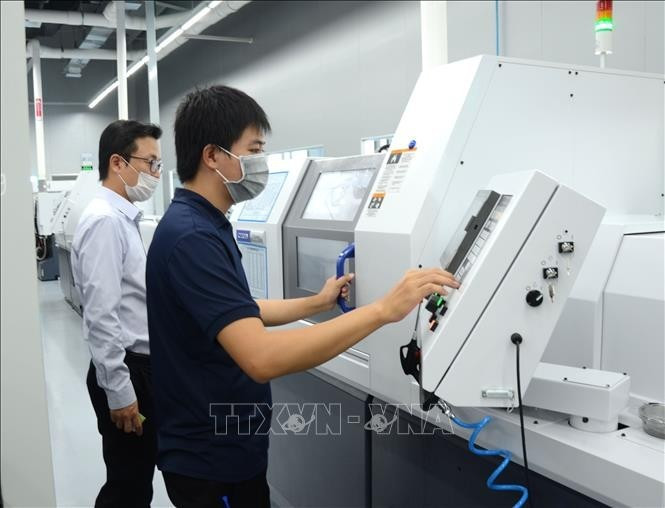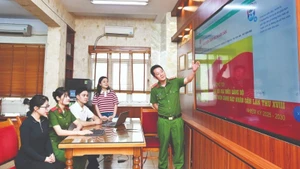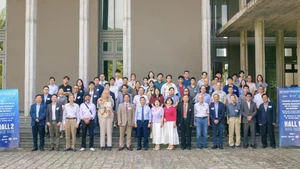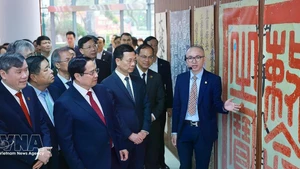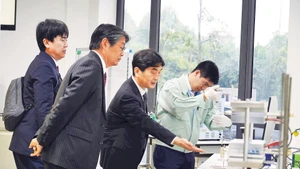According to Dr Nguyen Huu Xuyen, Deputy Director of the Institute of Strategy under the Ministry of Science and Technology’s Academy of Science, Technology and Innovation, this is the first time Viet Nam has ranked first globally for creative goods exports. The higher the share of creative goods in total trade, the stronger a country’s GII score and ranking, he added.
He stated that Viet Nam’s top position in creative goods exports reflects not only growth in production volume and value, but also creative capacity, with products that feature innovation, design, and cultural identity. This indicates reduced reliance on simple, low-cost manufacturing and increased diversification toward high-tech, value-added, and creative goods.
Dr Xuyen noted that while Viet Nam ranks 44th out of 139 economies overall and second among lower-middle-income countries, structural challenges remain. Input indicators such as R&D capacity, higher education, skilled human resources, and research infrastructure remain modest, with Viet Nam placed 50th, despite a three-rank improvement from 2024. Moreover, the high ranking in creative goods exports remains heavily dependent on foreign-invested enterprises.
To sustain and improve its position, the expert said Viet Nam needs stronger investment in R&D, especially from the private sector; enhanced research quality in universities and institutes; more international patents; and closer cooperation between academia, research institutions, and businesses. Intellectual property (IP) laws and enforcement should also be strengthened to protect innovation, shorten registration timelines, and improve commercialisation.
Human resource development is critical, particularly in STEM education, digital design, high-tech industries, and the creative arts, he noted, adding that supporting start-ups, improving access to finance, protecting brands, and helping businesses expand internationally will further drive innovation.
Dr Xuyen stressed that, alongside major Party resolutions, especially Resolution 57-NQ/TW on breakthroughs in science, technology, and innovation, Viet Nam can consolidate and improve its GII ranking. However, this depends on sustaining effective policies, improving transparency, reducing administrative barriers, and placing enterprises at the centre of innovation.
He emphasised the importance of investing in brand building and creative industries, and transforming intellectual assets into economic value. By promoting science and technology markets, strengthening IP protection, and accelerating the commercialisation of research outcomes, Viet Nam can move beyond contract manufacturing toward knowledge-based and creative production.
